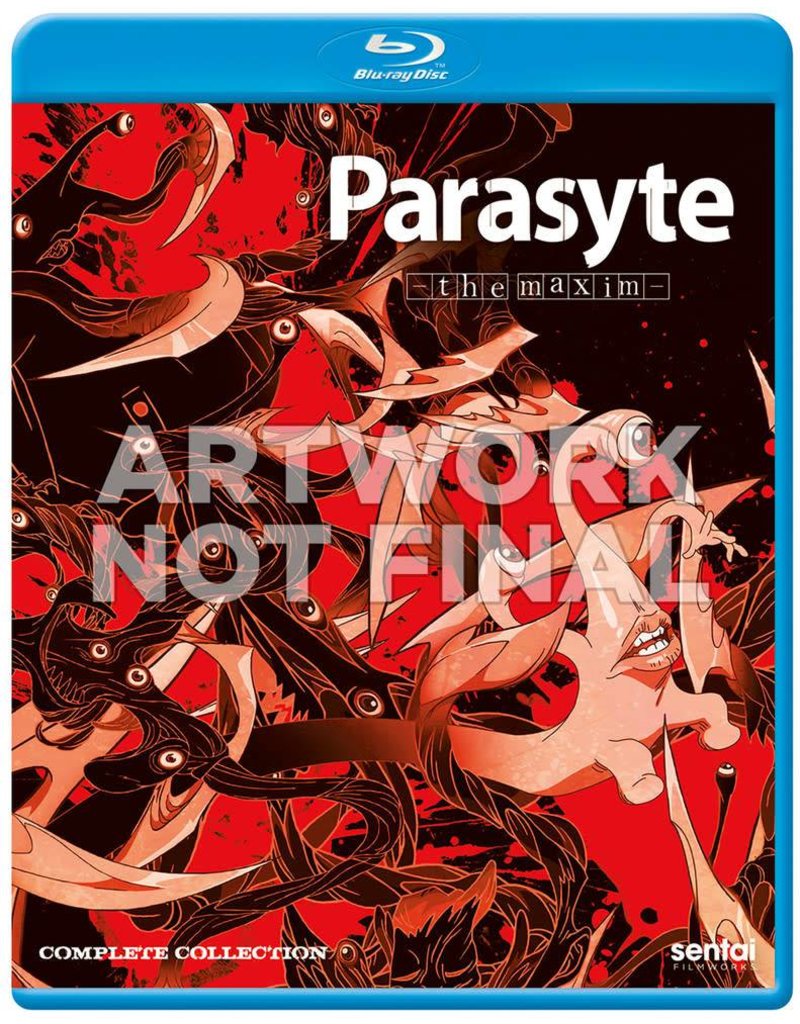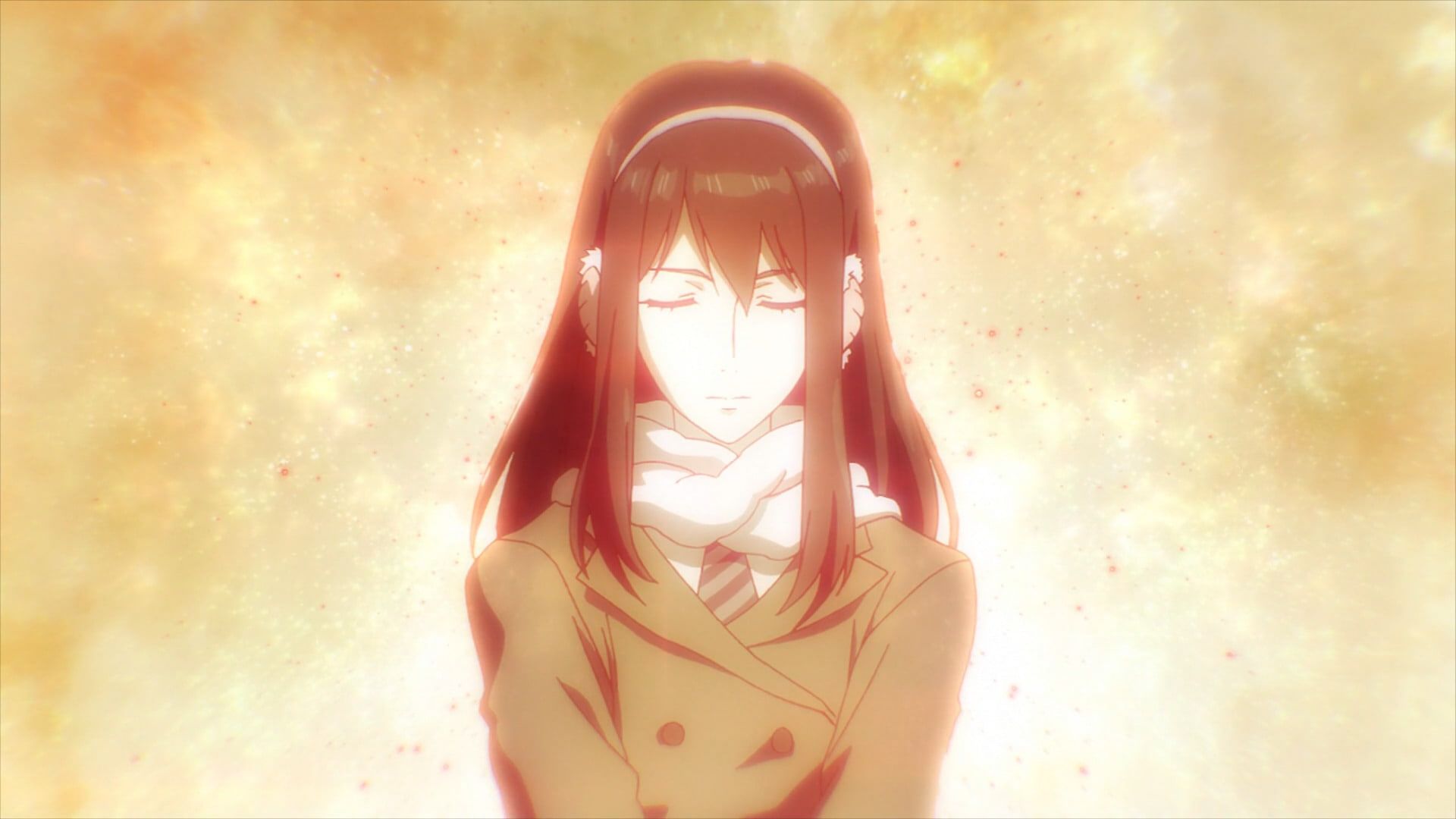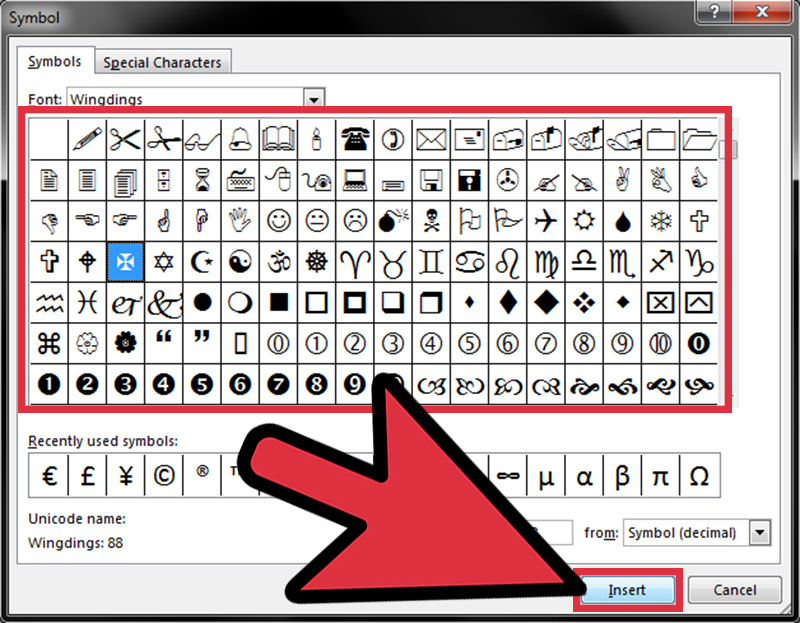Maxim The Parasyte

Introduction to Maxim the Parasyte

In the realm of science fiction, few creatures have captured the imagination as thoroughly as the parasyte, a being that inhabits and controls the body of its host. Among the most intriguing and complex characters to embody this concept is Maxim, a parasyte with a unique perspective on the human condition. This post delves into the world of Maxim, exploring the themes, characters, and societal commentary that make this entity so compelling.
The Concept of Parasytes

Parasytes, as depicted in science fiction, are organisms that attach themselves to a host organism, often taking control of the host’s body and mind. This concept raises questions about identity, free will, and the human condition, serving as a backdrop for exploring complex philosophical and ethical themes. In the context of Maxim, the parasyte’s ability to merge with its host creates a symbiotic relationship that challenges traditional notions of self and other.
Character Analysis of Maxim

Maxim, as a character, presents a fascinating study of contrasts. On one hand, it is a creature driven by primal instincts, seeking to survive and thrive in a world where it is both predator and prey. On the other hand, as it navigates human society, Maxim develops a profound understanding of human emotions, ethics, and the intricacies of interpersonal relationships. This dual nature allows Maxim to serve as both a mirror to humanity, highlighting our flaws and virtues, and as a catalyst for change, prompting those around it to question their assumptions about life and identity.
Themes and Societal Commentary

The story of Maxim the parasyte is rich in thematic depth, addressing issues such as: - Identity and Selfhood: Through Maxim’s experiences, the narrative explores what it means to be human, questioning whether identity is solely defined by biological makeup or if it encompasses something more intangible. - Coexistence and Harmony: The relationship between humans and parasytes serves as a metaphor for real-world issues of tolerance, acceptance, and the struggle for peaceful coexistence among different species or groups. - Ethics and Morality: The actions of Maxim and the humans around it raise ethical dilemmas, prompting reflections on the nature of right and wrong, and how these concepts are perceived and applied in complex situations.
Key Relationships and Interactions

The dynamics between Maxim and the humans it encounters are pivotal to the narrative, offering insights into the human condition through the lens of an outsider. These relationships can be categorized as follows: - Host and Parasyte: The bond between Maxim and its host is foundational, exploring the symbiotic aspects of their connection and the tensions that arise from their intertwined existence. - Human Connections: Maxim’s interactions with other characters reveal its capacity for empathy and understanding, as well as the challenges it faces in navigating human emotions and social norms. - Conflict and Cooperation: The story often pivots on moments of conflict and cooperation between humans and parasytes, highlighting the difficulties and benefits of their coexistence.
Symbolism and Metaphor

The parasyte, as a symbol, can represent various aspects of human experience, such as: - Foreignness and the Other: Parasytes embody the unknown, serving as a metaphor for how society treats what it does not understand, and the fears and prejudices that can arise from such encounters. - Internal Conflict: The struggle within a host between human and parasyte consciousness can symbolize internal conflicts, such as the balance between rational and emotional selves, or the fight between personal desires and societal expectations. - Evolution and Adaptation: The parasytes’ ability to adapt and evolve in response to their environment mirrors human resilience and the capacity for change, underscoring the dynamic nature of life and identity.
| Theme | Description |
|---|---|
| Identity | Exploration of what defines an individual, whether biological, emotional, or experiential. |
| Coexistence | Reflections on the challenges and benefits of different entities living together in harmony. |
| Ethics | Examination of moral dilemmas and the principles guiding actions in complex situations. |

📝 Note: The exploration of these themes through the character of Maxim and the world of parasytes offers a nuanced and thought-provoking commentary on the human condition, inviting readers to consider their own place within the larger web of life.
In reflecting on the journey of Maxim the parasyte, it becomes clear that this character’s story serves as a powerful allegory for many of the challenges and wonders of human existence. Through its unique perspective and experiences, Maxim prompts us to consider our assumptions about identity, community, and the interconnectedness of all living beings. As we navigate our own complex world, the lessons and reflections offered by this compelling narrative can inspire a deeper understanding of ourselves and our place within the broader tapestry of life. The narrative of Maxim, with its blend of science fiction and philosophical inquiry, leaves a lasting impression, encouraging readers to embrace empathy, tolerance, and the pursuit of harmony in a world filled with diversity and difference.



